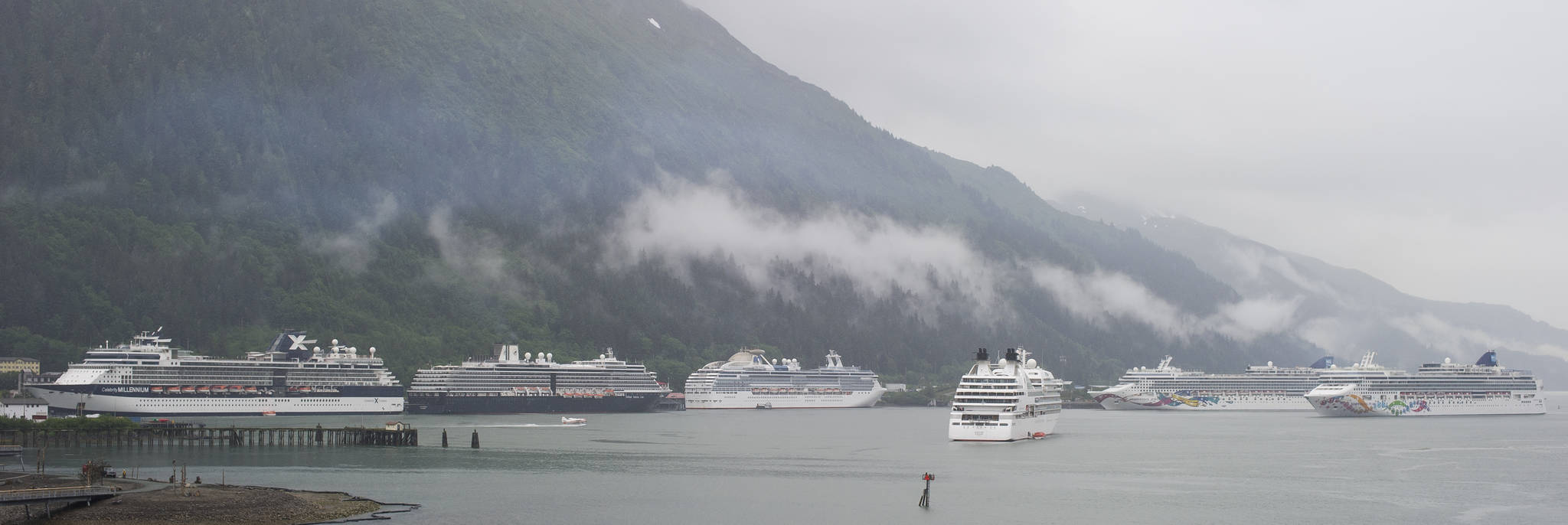Let’s talk about the lawsuit between Cruise Lines International Association (CLIA) and the City and Borough of Juneau (CBJ), and correct some inaccuracies that were in Win Gruening’s Dec. 29 opinion column, “Is Juneau digging a deeper hole in cruise line lawsuit?”
Gruening claims that CLIA is only challenging how CBJ spends cruise ship passenger-related fees, and is not challenging the legality of the fees themselves. That is inaccurate.
CLIA’s objections are more significant, and have much broader implications, than Gruening’s letter suggests.
CLIA has asked the court to enter a judgment ruling that the CBJ’s fees violate federal law and are invalid. If CLIA’s position is upheld by the court, then CBJ’s fees as well as those of state of Alaska, Ketchikan and many other U.S. communities might also be found to be illegal.
Additionally, the parties fundamentally disagree about the scope of federal law as it relates to the expenditure of passenger fees. The CBJ believes the fees can be used to pay for services and infrastructure benefitting the passengers and the vessels; CLIA believes the fees may only be used to benefit the physical vessel itself. To provide some examples, under CLIA’s legal theory, using fees to construct or maintain restrooms, bus staging areas, seawalks or to provide for additional 911 service or crossing guards would all be illegal expenditures.
It is also misleading to suggest that the failure to settle the CLIA lawsuit is solely the CBJ’s fault. Between March and June 2017, CLIA and CBJ actively engaged in settlement efforts that were unsuccessful. In May, we invited CLIA to mediation. CLIA declined our invitation.
CLIA and CBJ then began to explore the possibility of resolving some of the case through the use of dispositive motions (where the court “disposes” of all or part of a claim after motion practice). Many of the legal questions raised by the parties are questions of first impression — meaning the legal issues involve questions of law which have not arisen before in any reported case — the only way to reach resolution — absent settlement — is to have the court weigh in. Towards that end, we jointly began working on a joint stipulation of facts in an attempt to make the motion practice as efficient and cost-effective as possible for both sides. This effort was not completed; it was interrupted when CLIA filed a motion for summary judgment.
While it is unfortunate settlement could not be reached, eventually the legal question must be answered. CBJ imposes and expends fees to pay for services and infrastructure for the over 1 million passengers visiting Juneau each year. It is CBJ’s position that those fees are legal, appropriate and a benefit to the cruise ship industry.
Juneau has strategically and successfully planned for our waterfront development. We have implemented fees and have been willing to use our valuable waterfront land, take on municipal debt, fund the development of infrastructure and provide needed services. Absent these actions, the cruise ship industry would have been unable to grow to its current level of local visitation, thus depriving economic benefits to both the industry and Juneau.
The CLIA pleadings can be viewed at https://beta.juneau.org/manager/cliaa
• Rorie Watt is manager of the City and Borough of Juneau.

